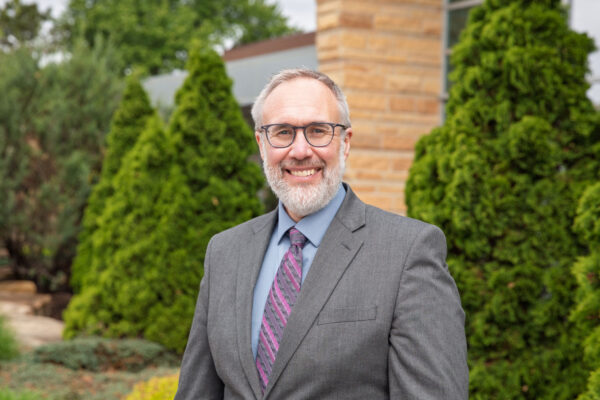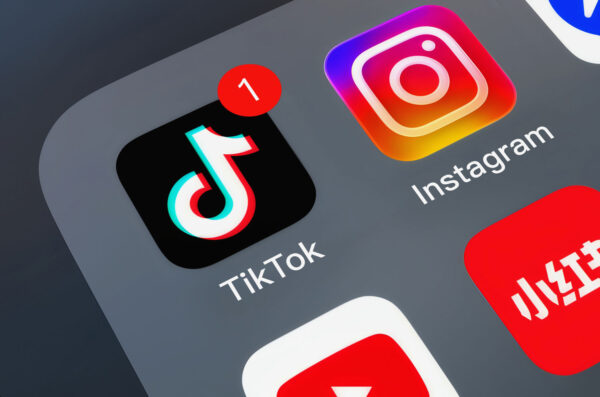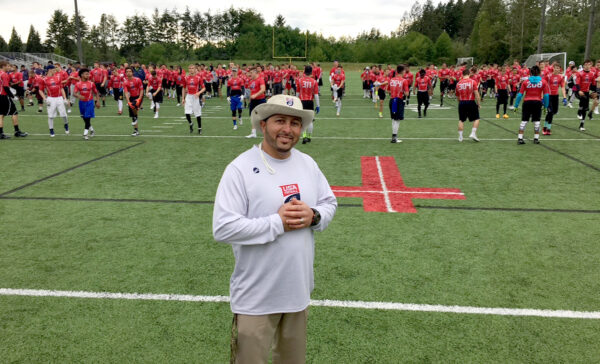Nurses in a community health course this summer looked deeply into some of the tough issues that confront K-12 schools as they make plans to reopen at some point during the ongoing coronavirus pandemic — masking chronically ill students, documenting childhood vaccinations and working with special education students.
The 11 students in a Population-based Health in Community Practice section taught by Lecturer Robin Fleming are all working nurses and summer graduates from the School of Nursing & Health Studies with Bachelor of Science in Nursing degrees.
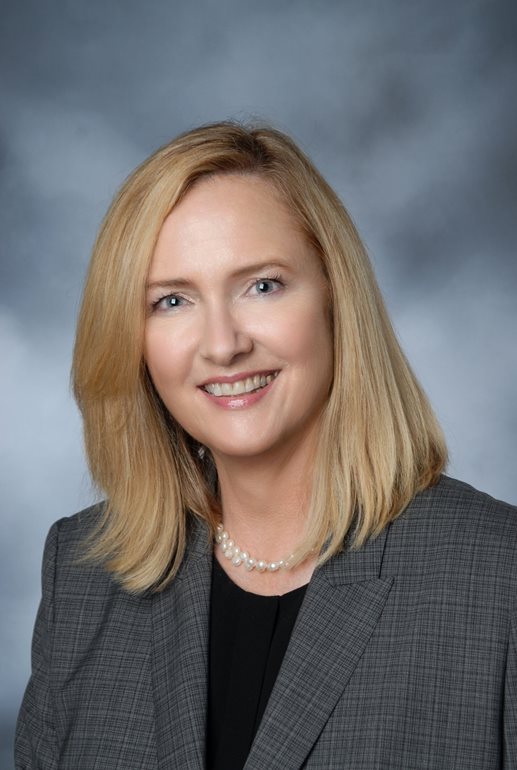
“It’s becoming glaringly relevant now why health is so integral to education,” Fleming said about the projects. “I have a great appreciation and respect for what parents are up against and what teachers are up against and how nurses and teachers and other professionals within schools can come together to solve some of these complex issues.”
The UW Bothell students worked with the Northshore School District, which covers 33 schools in Bothell, Woodinville and Kenmore. Working remotely through teleconferences, the students teamed up on three projects with Lisa Nenno, a school nurse, and with Jennifer Woods, a special education teacher. The nursing students presented their findings and recommendations Aug. 18 to representatives of the school district and the campus community. There were more than 40 participants in the Zoom platform.
Reducing the risks
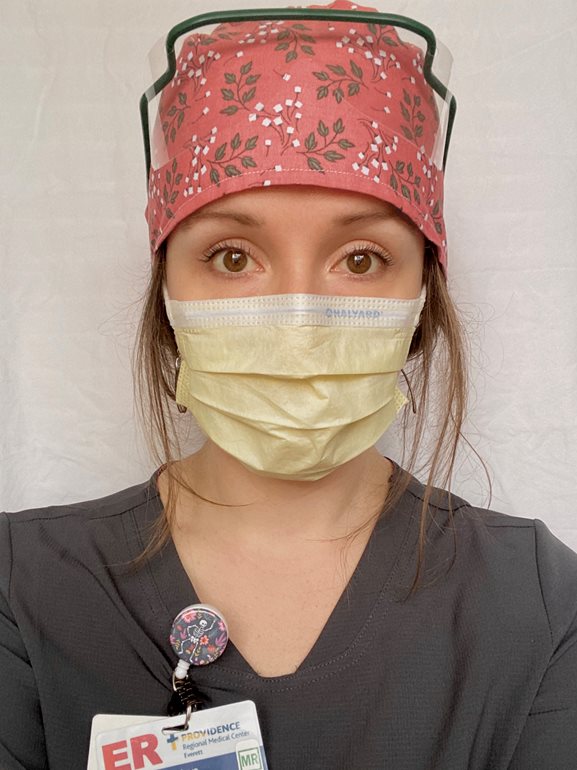
One team, made up of Kristen Kochevar, Nicole Donaldson and Diana Butylev, researched guidelines for chronically ill children in a classroom. These are children, such as those with asthma, who won’t be able to wear masks. Prior to the presentation, Kochevar said the teachers and school nurses they surveyed were concerned with the infrastructure — ventilation, enough room for physical distancing and plastic shielding — needed for children who cannot wear masks.
Teachers also had questions about their new responsibilities: Would they have to take temperature checks? Would they have to wipe down surfaces frequently? Would they have to buy sanitizer, as they do with some other classroom supplies?
“On top of having to teach, they have to protect their students and themselves. It’s a really big deal to keep these kiddos safe and to keep transmission rates as low as we can,” said Kochevar, an emergency room nurse at Providence Regional Medical Center in Everett. That’s the hospital that treated the nation’s first coronavirus patient in January, and it continues to see COVID-19 cases, she said.
“We wanted to find ways that are going to truly reduce the risk of transmission, but that are also doable,” she said. “What that boils down to when it comes to elementary-age kids is handwashing and shielding, if masks aren’t appropriate for chronically ill students.”
Kochevar thinks the Northshore School District is correct to hold classes remotely for now. “I think opening is going to require a lot of change, and I don’t know if there’s infrastructure for that yet,” she said.
Collaboration in community
Woods, the special education teacher, appreciated a graphic the students created to provide a visual support for a hand-washing routine.
“The nursing students took the time to understand what my primary concerns are for my students’ return to the classroom,” Woods said before the presentation. “I think it is critically important to partner with our community in finding ways to keep our most vulnerable students safe in the current health crisis.”
Nenno, the school nurse, said the UW Bothell project was a collaborative effort in which students learned about state law requirements, informatics, community outreach and engagement with local and state organizations. The nurses also brought their own working knowledge, she said before the presentation.
“Due in part to this background and experience, this fresh and diverse perspective brought great new ways to brainstorm solutions to the project and develop practical and successful solutions to best serve the community,” Nenno said.
Diseases and disabilities
Another team of UW Bothell students looked at how the pandemic is affecting routine vaccinations for childhood diseases, such as the measles, mumps and rubella vaccine (or MMR). The state of Washington requires documentation of those vaccinations.
The team of Eliza Newton, Victoria Saha, Marlee Tillman and Todd Allen found that many children are missing routine doctor visits during the pandemic, so scheduled vaccinations are behind schedule. The team recommended better education for parents, information about low-cost clinics and streamlining vaccination documentation on a registry.
The third issue involved medically fragile students with significant intellectual and physical disabilities who often require face-to-face contact and personal care such as lifting. How can teachers protect other students and themselves from inadvertent spitting or drool?
UW Bothell students Miranda Young, MaryAnn Partain, Brenna Brown and Carrie Petterborg investigated how those special needs students could return to school safely. In addition to even more rigorous hand-washing and surface disinfecting, the team recommended affordable alternatives to personal protective equipment such as rain ponchos.
The world of nursing
Fleming said her students also realized they are working in an atmosphere in which new health information comes out by the hour and recommendations can change.
“This is very much the world of nursing,” Fleming said. “It can be ambiguous. It can change on a dime. And you have to be willing, ready and able to pivot in a moment’s notice.
“They are getting the real-life experience of what it’s like to be a community health nurse.”
